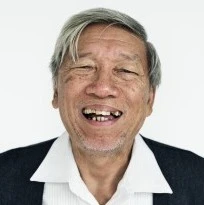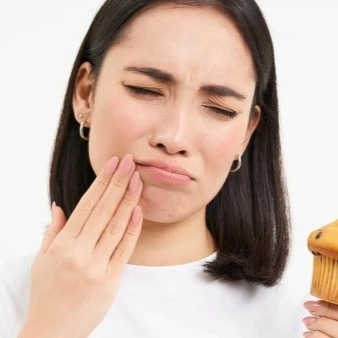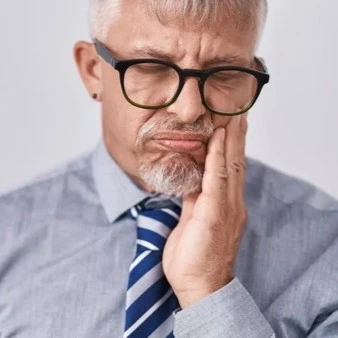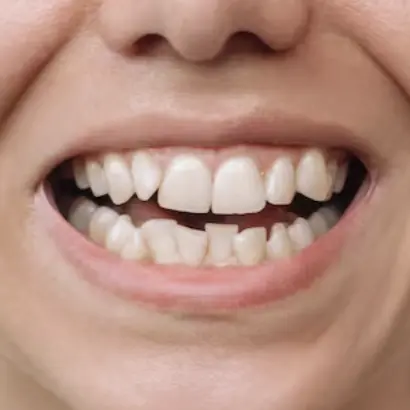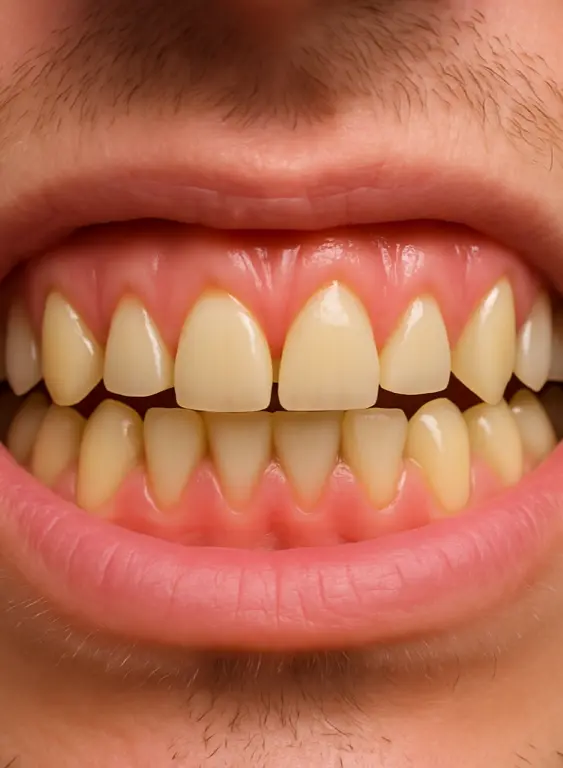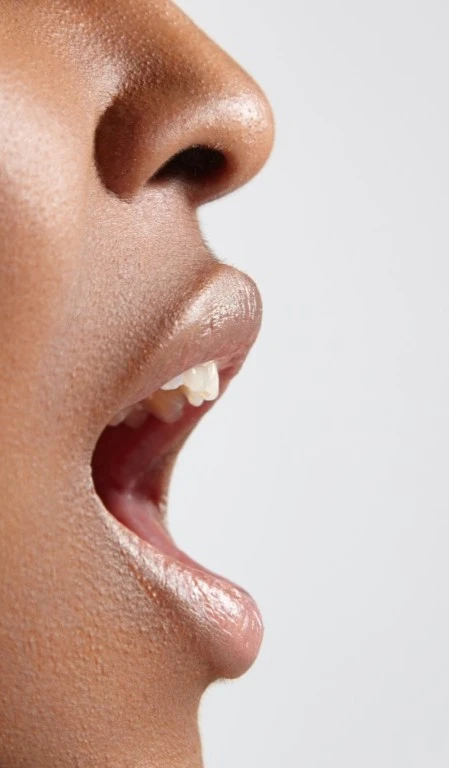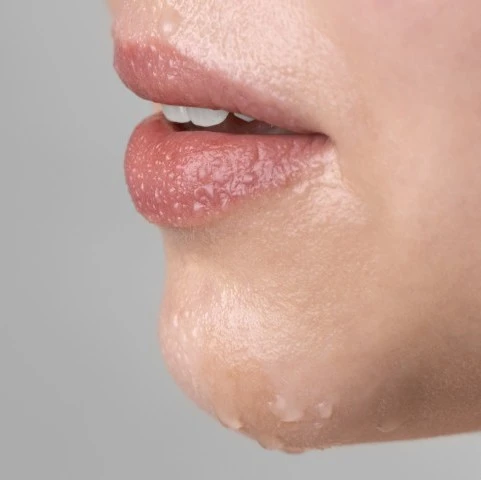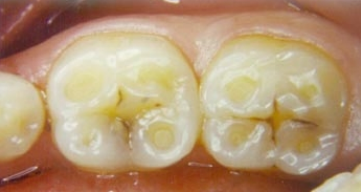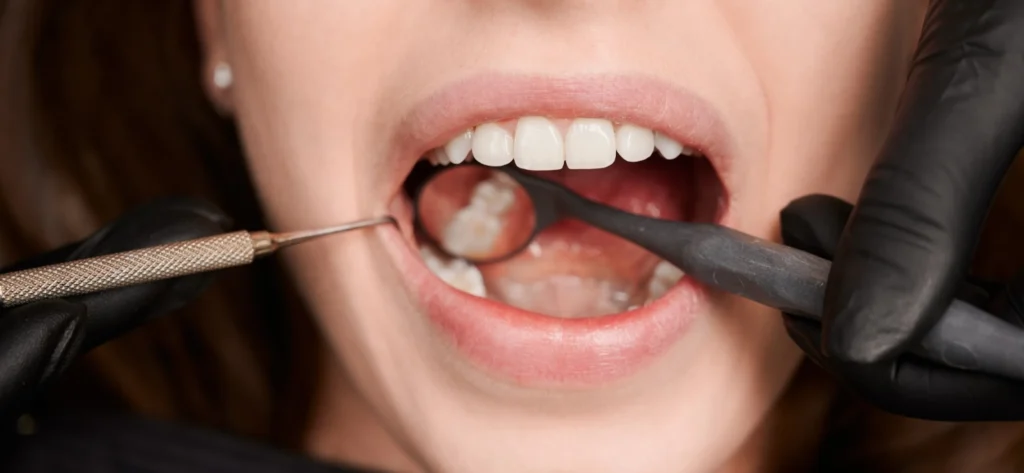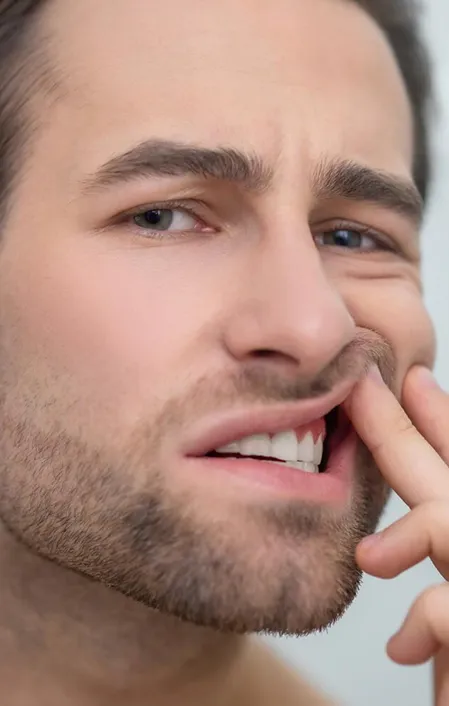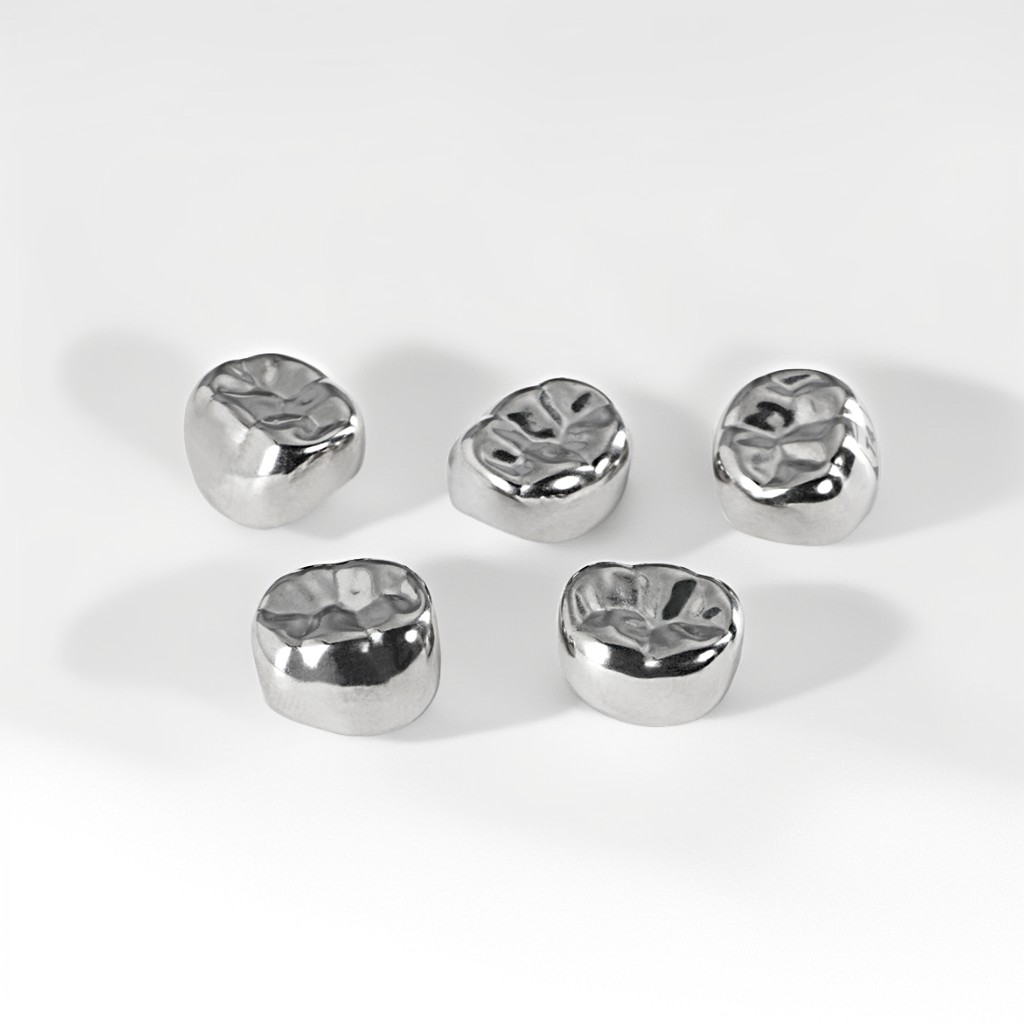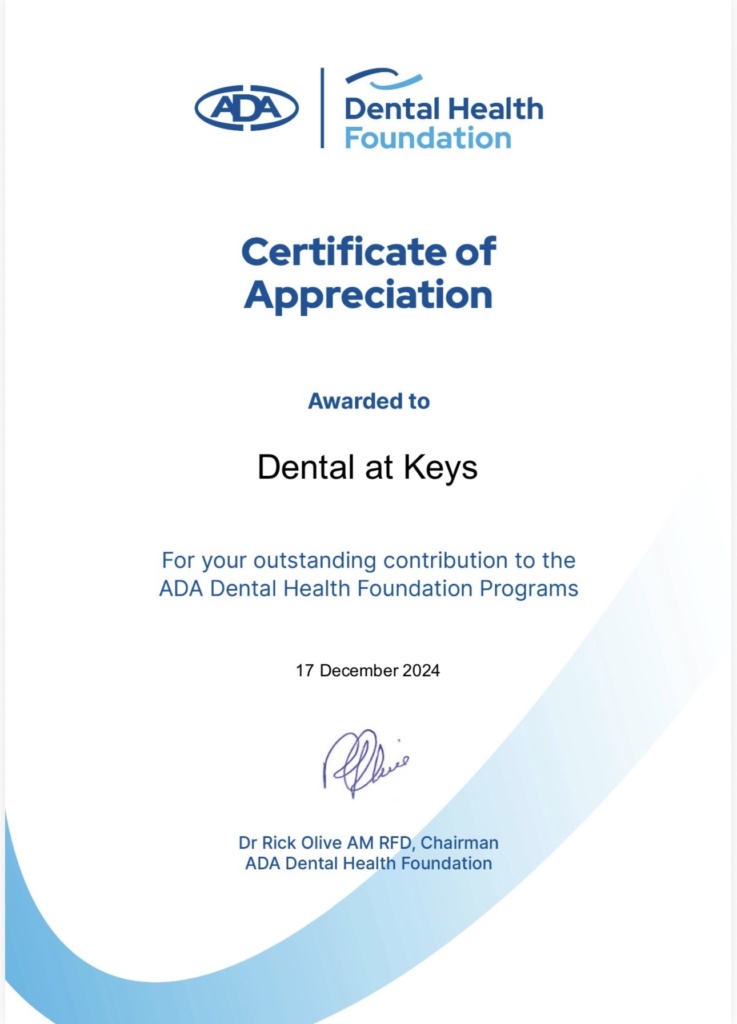
Understanding TMJ and TMD
TMJ stands for temporomandibular joint, the hinge that connects your jaw to your skull via a small cushioning disc.
When people refer to “TMJ” in everyday conversation, they often mean TMD — temporomandibular joint disorder — which is the dental term for jaw joint problems and pain.
TMJ (temporomandibular joint) disorders occur when the jaw joint or surrounding muscles become strained, inflamed, or damaged, often causing pain, clicking, or restricted movement. Early diagnosis and treatment can relieve discomfort, restore jaw function, and prevent long-term complications.
What are the causes of Jaw pain?
Jaw pain related to TMJ disorders can be caused by:
- Frequent grinding or clenching of teeth (bruxism)
- Injury or trauma to the jaw joint or muscles
- Joint degeneration due to osteoarthritis
- Inflammation from rheumatoid arthritis
What Happens if TMJ Disorders Are Left Untreated?
Without treatment, TMD may lead to misaligned teeth and bite problems, which place extra strain on the jaw muscles. This may cause chronic headaches, neck and back pain, or restricted jaw movement. Some people develop tinnitus (ringing in the ears) and dizziness. In severe cases, pain when chewing or talking can significantly affect quality of life.
Signs and Symptoms of TMJ Pain
The most common symptoms of TMD include:
- Grinding/clenching (bruxism)
- Jaw clicking or pain
- Headaches
- Dizziness
- Bite problems
- Back or neck pain

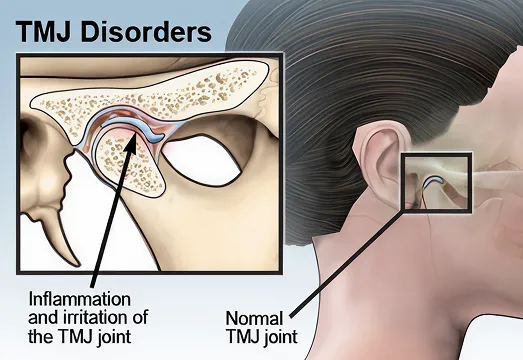
Treatment Options for TMJ pain
TMD treatment depends on the cause and severity of the condition:
- Anti-inflammatory medications (such as ibuprofen) or applying warmth to relax jaw muscles
- Occlusal splints (night guards) to reduce strain from grinding or clenching
- Day and night splints for severe pain until the joint and muscles heal
- Physiotherapy and jaw exercises to improve posture and muscle function
- Orthodontics or orthopaedic jaw therapy to correct bite issues
- Specialist referral or surgery in advanced cases
Early diagnosis and tailored treatment give you the best chance of relieving pain, restoring jaw function, and preventing long-term damage.
We are here to help manage TMJ concerns before they become debilitating.
Common Dental Problems
Frequently Asked Questions

Do I need to see a specialist for my jaw pain?
Not all cases need to be referred to a specialist so we recommend you make a consult appointment to see if this is required.
I already have a grinding guard (occlusal splint) for my TMD. It doesn't work, why?
Not all grinding guards are equal and there are many types of grinding guards. Each case requires careful diagnosis to ensure the correct guard is prescribed.
I've been told I have TMD, but I have no pain - do I need treatment?
In the absence of TMJ pain, we don’t always recommend treatment, however, that said, we occasionally recommend management so that your signs and symptoms do not get worse.

